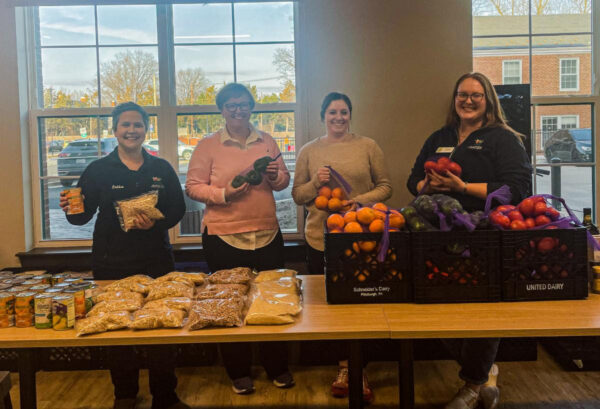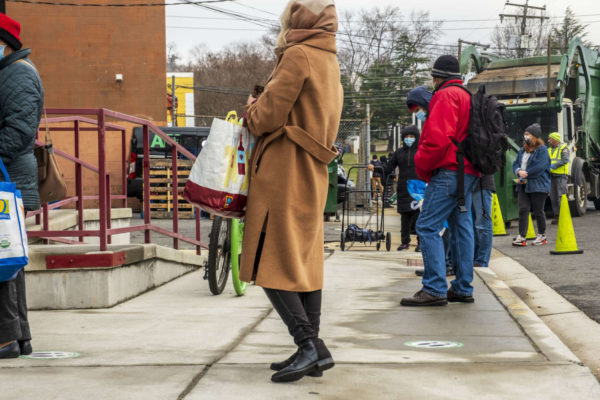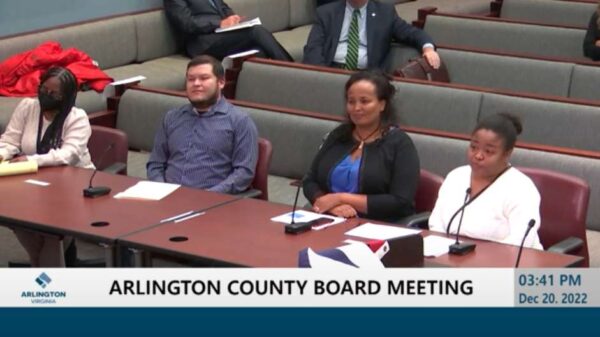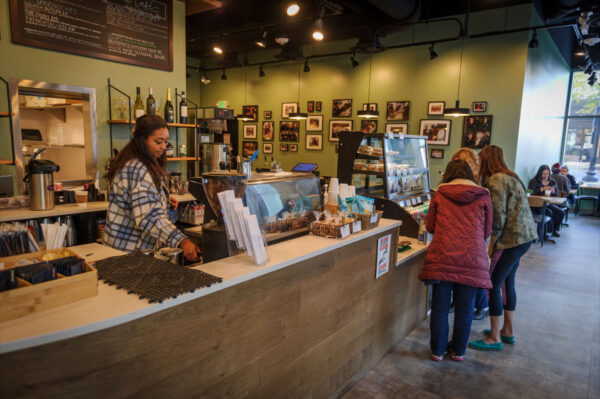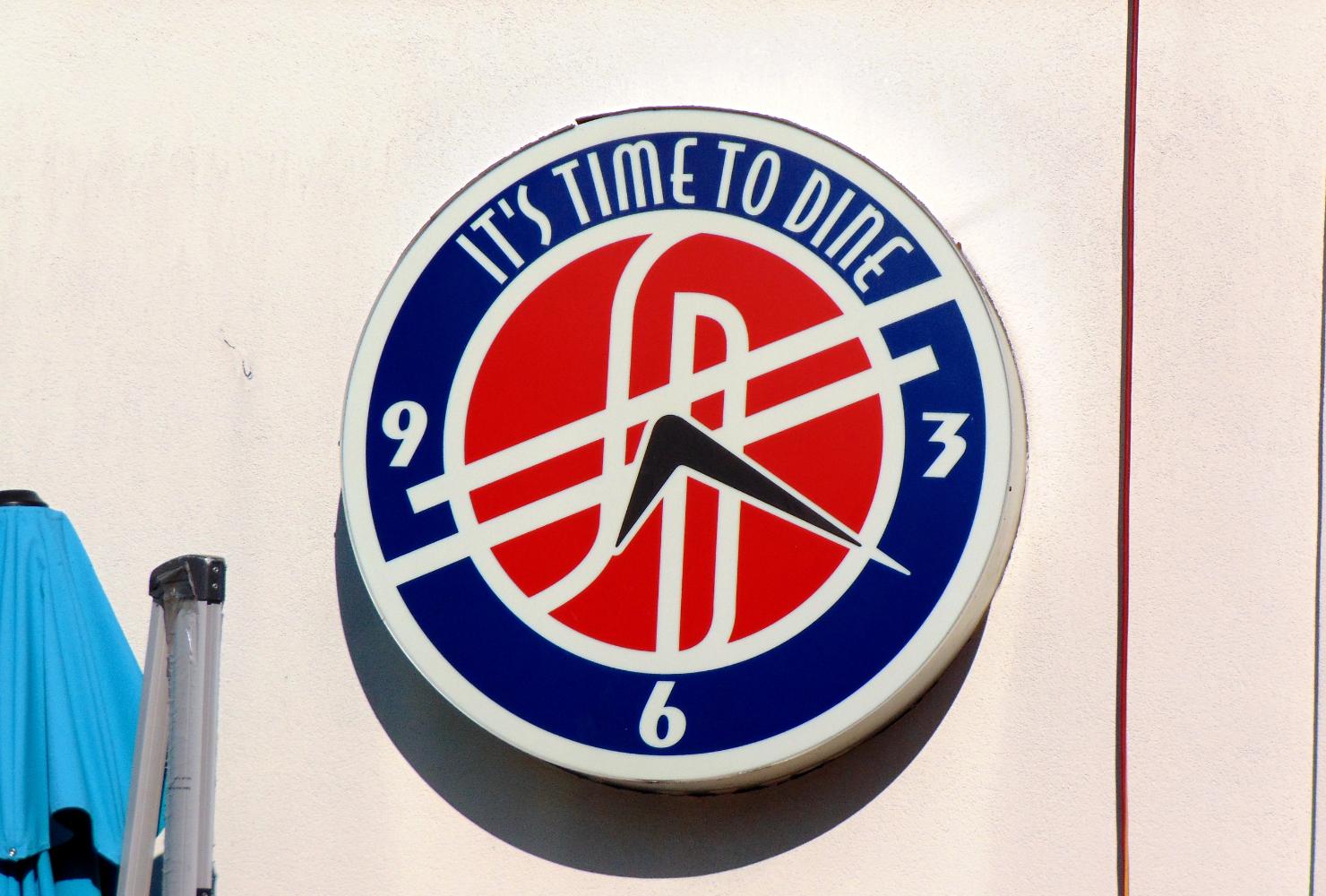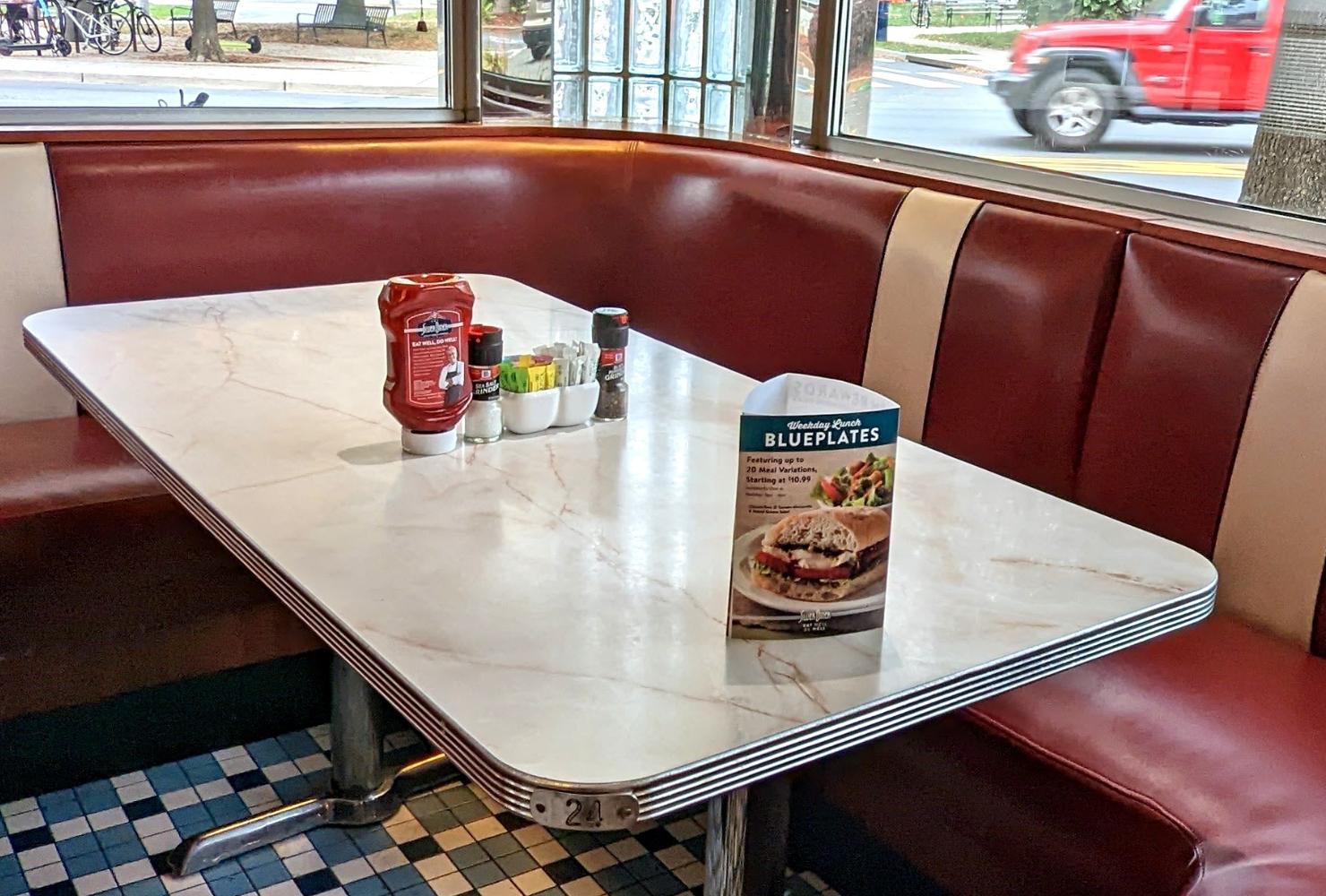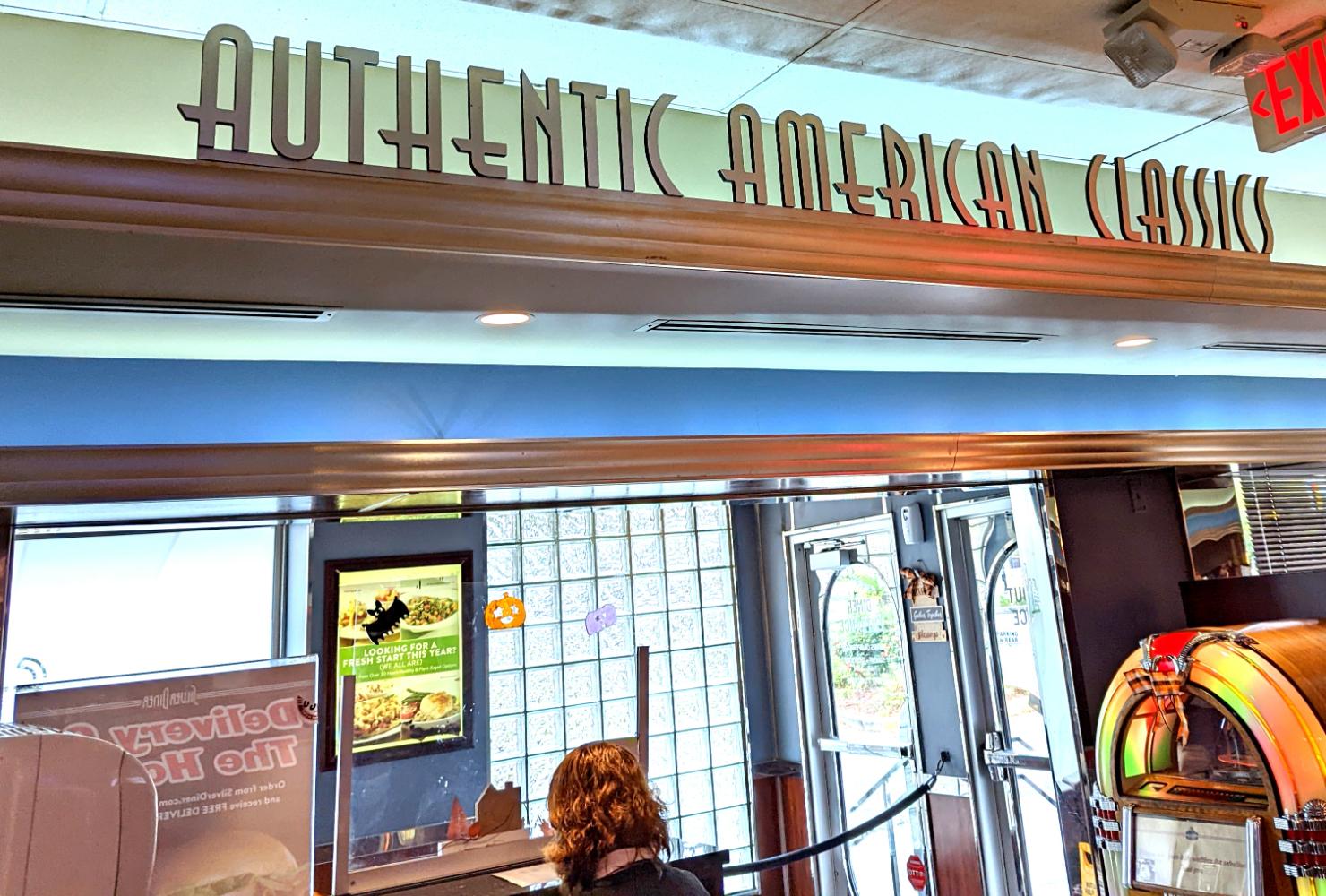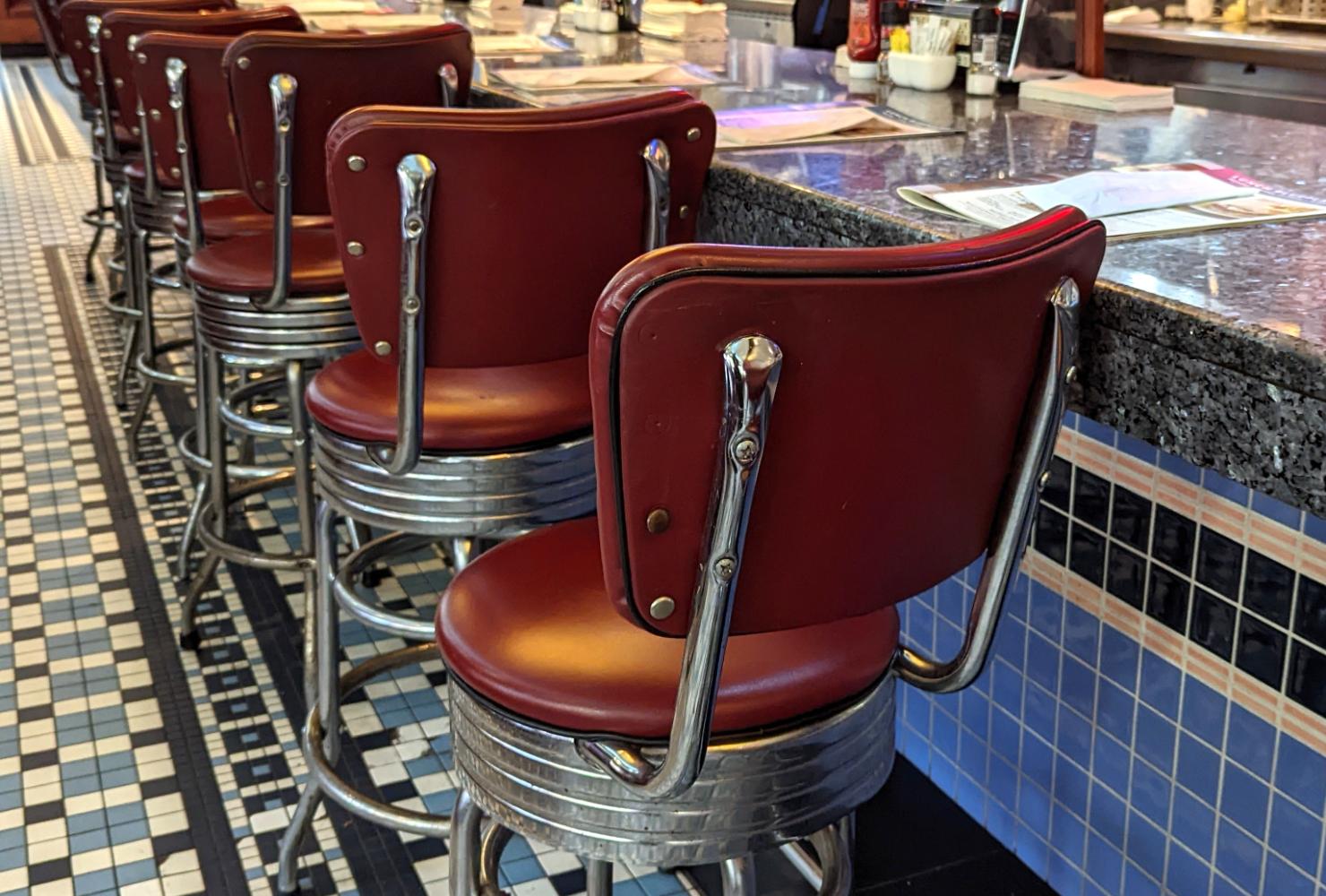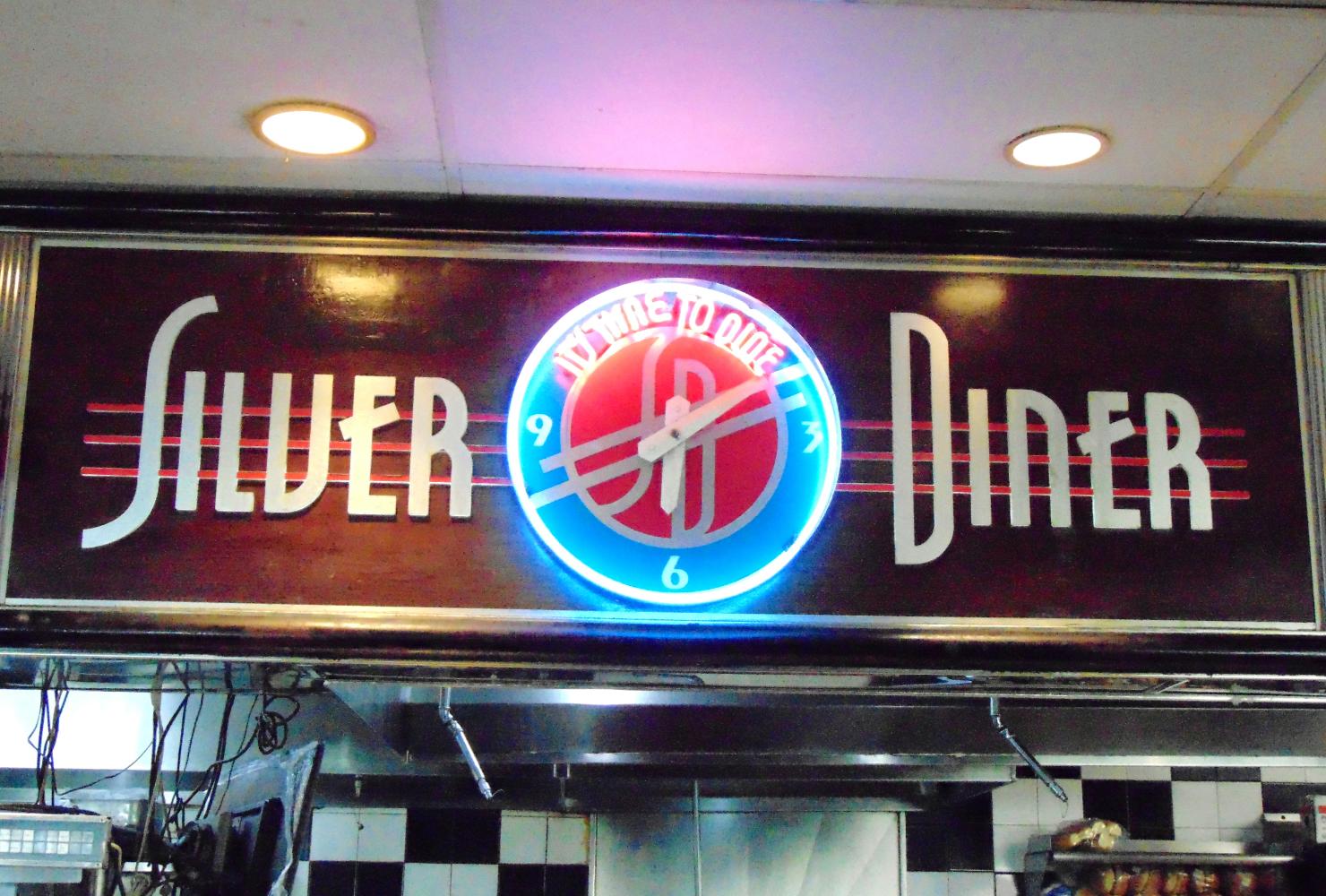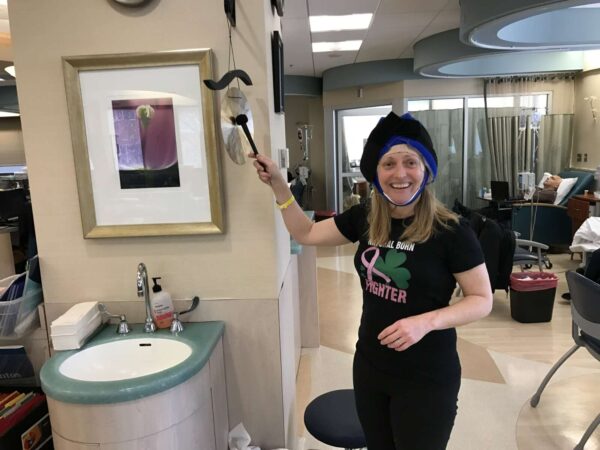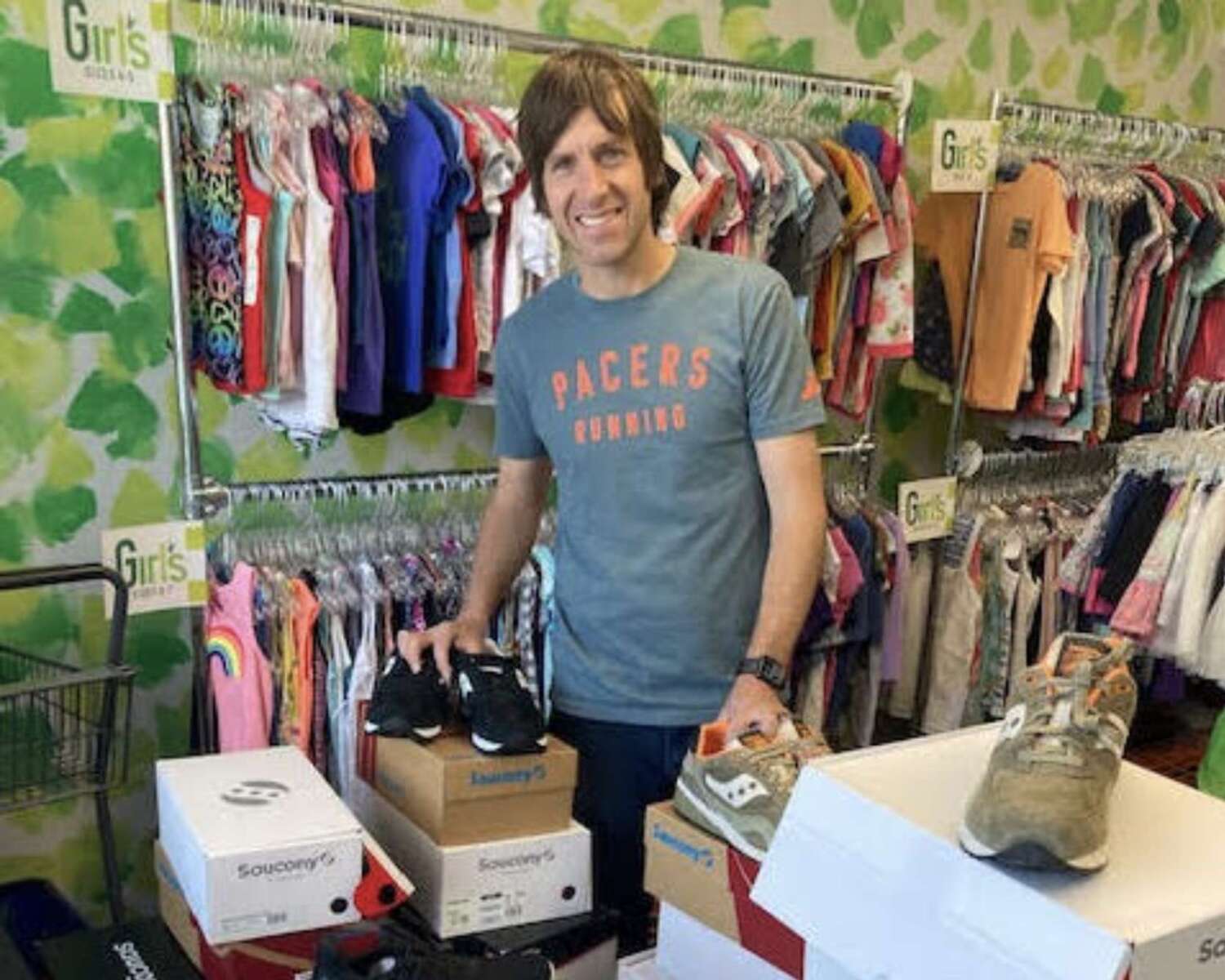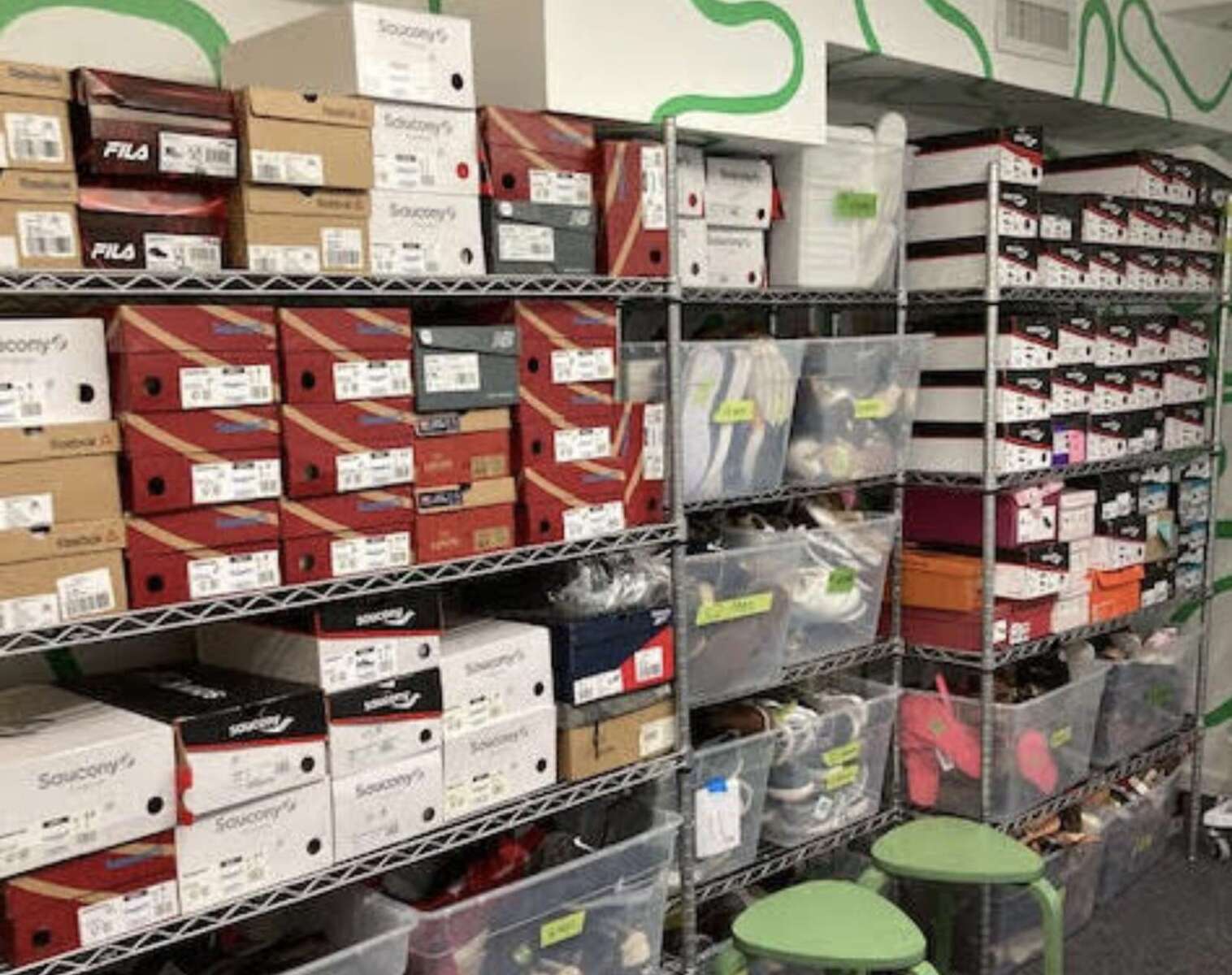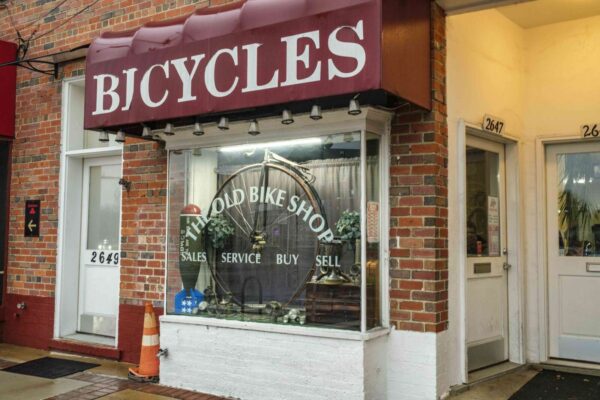
The Old Bike Shop closed earlier this year in Lyon Park, after a decade in business, but a new bike shop is moving in.
Vélocity Bicycle Cooperative, based at 2111 Mount Vernon Avenue in Alexandria’s Del Ray neighborhood, announced today that it plans to open at the 2647 N. Pershing Drive storefront — down the road from Clarendon — in the next couple of weeks.
“Thanks to Larry Behery and the Old Bike Shop for providing a home for quality used bike service and sales,” Vélocity co-founder Christian Myers said in a statement. “Vélocity will build on this legacy and make safe, reliable bicycles more affordable to everyone.”
“Vélocity plans to open the Arlington shop in early April,” a post on the nonprofit organization’s website says. “Until then, come see us at our location in the Del Ray neighborhood of Alexandria, Virginia, where you can find a refurbished used bike for the spring season!”
More from the organization’s post, below.
Vélocity Bicycle Cooperative is expanding efforts to build a strong biking community by opening a second location at 2647 North Pershing Drive, in the Lyon Park neighborhood of Arlington, Virginia, the same location where the Old Bike Shop operated for more than 10 years.
Vélocity is a non-profit cycling shop, run by volunteers. Since 2009, Velocity has empowered kids, beginners, and cycle enthusiasts in acquiring, building, and maintaining bicycles. Vélocity fosters a diverse cycling community, offers cycling education, and provides free bicycles and related equipment to those in need (in 2022, Vélocity refurbished 459 bikes and got 64 bikes to kids and scholarship recipients).
Joe Davison, Board Chair and long-serving volunteer, is excited about the days ahead: “Opening our second location provides a unique opportunity to realize our mission to grow and empower an inclusive biking community through education and affordability. We are honored to carry on and serve the local biking community at this location while seeking continued synergy among the area’s cycling organizations, including Phoenix Bikes.”
Arlington-based Phoenix Bikes, located just off of Columbia Pike, has a similar education and bike refurbishment mission.
We’re Expanding! This April, the Vélocity Bicycle Coop will open a second shop in Arlington, VA, where the Old Bike Shop operated for ten years: 2647 North Pershing Drive. Stay tuned for the opening date and celebration plans! For details, click the link. https://t.co/9sWmRgPlyV pic.twitter.com/P1eEQmrwcb
— Vélocity Bicycle Co-op (@velocitycoop) March 22, 2023


